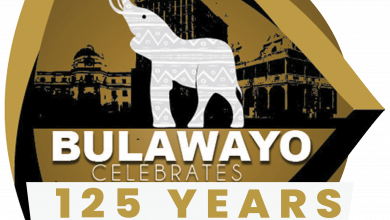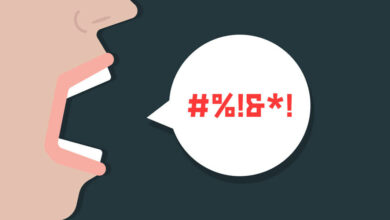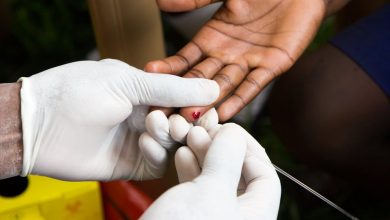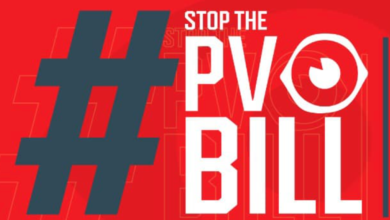Attacks on foreigners continue in SA

Attacks against migrants in neighbouring South Africa have intensified and the African Diaspora Forum (ADF) has accused police of not doing much to control the situation.
Some migrants have reportedly started fighting back to protect themselves against South Africans who have become more emboldened .
Monday was intense, especially in Johannesburg where the central business district was chaotic as migrant-run areas were targeted, looted and burnt.
Johannesburg, South Africa’s biggest city, is home to millions of migrants and continues to attract many people from other countries.
Zimbabweans among other nationals that make up a significant population of migrants in South Africa, with estimates ranging from two to five million (both documented and undocumented).
South Africa’s Police Minister, Bheki Cele, attributed the attacks to “nothing but criminality” and claimed most of the looters came from the Denver and Cleveland hostels located near the east of Johannesburg while other reports cited that police had been overwhelmed by looters.
But ADF chairperson, Dr Vusumuzi Sibanda, described the sentiments from police as “hogwash.”
“It’s hogwash, if it is a crime why are they not dealing with it still because crime cannot be as brazen and be left as it is,” he told CITE in an interview Tuesday morning.
The ADF chairperson, who is Zimbabwean, said these attacks were targeted at migrants or migrant owned shops.
“Places such as Alexandra have since joined in the looting and have been ongoing since overnight, as we speak. Shops are under siege that are run by migrants. The attacks continue…people are being shot at, and somebody shot a truck driver that was coming by, so many things are happening this morning and police are not showing that they are in control at all,” he alleged.
“The attacks have intensified and have spread to Benoni, Thembisa, it’s happening at other areas such as Vusumuzi, even Pretoria. The taxi drivers have said they don’t want commuters Tuesday because they won’t be at work. It’s gone bad, the whole of Benoni, Alberton, Germiston, basically it is on fire, over and above what happened Monday.”
He added that these attacks had become worse, as “people have been more emboldened because of neglect.”
Dr Sibanda said “of course” migrants had started fighting back to protect themselves.
“We saw them (migrants) chasing a group of people in Hillbrow. Also in (Johannesburg) town there were clashes as they have also vowed to watch over their property overnight, preparing against any attacks,” he highlighted.
The attacks have also attracted criticism from other African leaders and opinion makers.
In a reported statement, the Zimbabwean embassy in South Africa expressed deep concern over growing attacks and threats on its nationals since the beginning of the year.
Although the South African government assured the representatives of Southern African countries that security measures would be put in place to address their concerns, the Zimbabwean embassy advised Zimbabweans to take precautionary action to guarantee their safety and protection of their property.
The Nigerian government, whose citizens have borne the brunt of attacks lamented on its official twitter that, “the continuing attacks on Nigerian nationals and businesses in South Africa are unacceptable. Enough is enough. Nigeria will take definitive measures to ensure safety and protection of her citizens.”
Nigeria said in the meantime it would “take further steps to ensure safety of (its) citizens in South Africa” while noting that Nigerian President Muhammadu Buhari had met South African leader, Cyril Ramaphosa on the sidelines of the Seventh Toyko International Conference on African Development in Japan, to discuss this.
“Further discussions (were) scheduled for October 2019, during President Buhari’s official visit to South Africa,” the Nigerian government said on its twitter.
Zambia also issued an instruction to bus companies and truck
drivers, many of whom drive goods south to the South African port of Durban to put
on hold all travel to South Africa till further notice.






